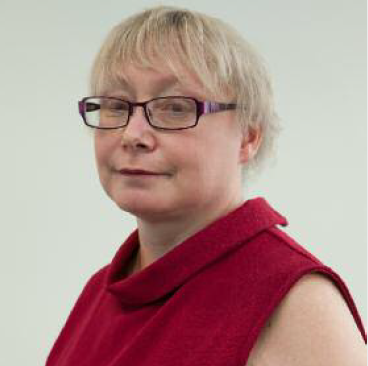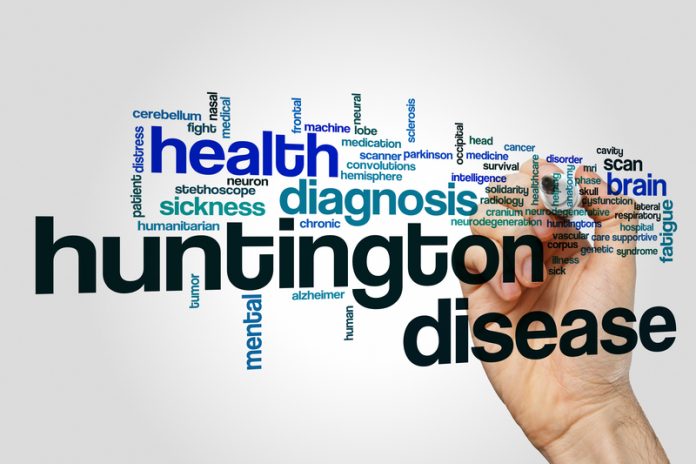Chief Executive of the Huntington’s Disease Association, Cath Stanley shares the latest updates on Huntington’s research from the 2018 European Huntington’s Disease Network conference
The 2018 European Huntington’s Disease Network conference took place in Vienna from
14-16 September 2018. This fantastic gathering brought researchers, clinicians, families and patient associations together to learn about the latest news in Huntington’s research. In this article, I will share some updates from the conference.
The opening session of the EHDN conference was a reminder that with all the recent progress into Huntington’s disease it is important to remember the history and stories that have gone before. It was pointed out that it is 25 years since the gene was isolated.
Gene therapy was the focus of the days’ talks with researchers talking about both protein lowering and gene editing techniques. There was a discussion about balancing realism against hope and the importance of having hope. Researchers talked about the importance
of biomarkers – these are ways of measuring both disease progression and any benefit of prospective treatment.
Further presentations focussed on keeping brain cells functioning and how we slow disease progression. Talks looked at the importance of having an enriched environment and regular exercise, which may have an impact on the progression of the disease. The definition of Juvenile Huntington’s was discussed as this can be misleading as often the person or child
may be an adult when showing symptoms which have begun in childhood.
The results of the Pfizer Amaryllis and Legato studies showed that they had failed in their primary goal to improve the motor function. This is a reminder that scientific trials are just that – to test a theory that something might happen. Lessons will be learned that
may help further studies to become successful. On the positive side, Wave Life Sciences showed a different approach that really is cutting edge and we look forward to the outcome of the trial in patients which should hopefully be early in 2019.
The final session has created great excitement in the Huntington’s community – the Ionis (now RG6042) trial and Roche Pharmaceutical’s announcement of the beginning of the recruitment of over 600 patients worldwide for the phase 3 trial. Trial sites have not yet
been identified. RG6042 has the potential to provide clinically meaningful effects on disease progression in people with Huntington’s. This is just the beginning and there may be challenges along the way but there is now a real optimism within the Huntington’s
community.
Cath Stanley 
Chief Executive
Huntington’s Disease Association
Tel: +44 (0)151 331 5444
info@hda.org.uk
www.hda.org.uk
www.twitter.com/HDA_tweeting












sounds like good news